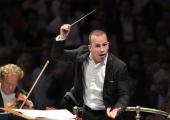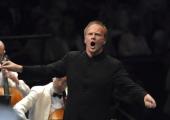BORIS GILTBURG, QUEEN ELIZABETH HALL Young Russian-Israeli pianist proves he's on the way to greatness in Prokofiev, Rachmaninov, Ravel and Gershwin
Idiosyncratic depth in shadowlands Rachmaninov, Prokofiev and Ravel
Among the diaspora of younger-generation Russian or Russian-trained pianists, there are at least four whose intellect and poetry match their technique. Three whose craft was honed at the Moscow or St Petersburg Conservatories – Yevgeny Sudbin, Alexander Melnikov and the inexplicably less well-feted Rustem Hayroudinoff – have made England their home. Boris Giltburg - the youngest of the group with a fifth, Denis Kozhukhin, close on his heels - left Moscow for Tel Aviv when he was a child and has had a different training.
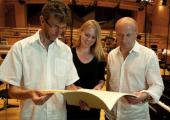
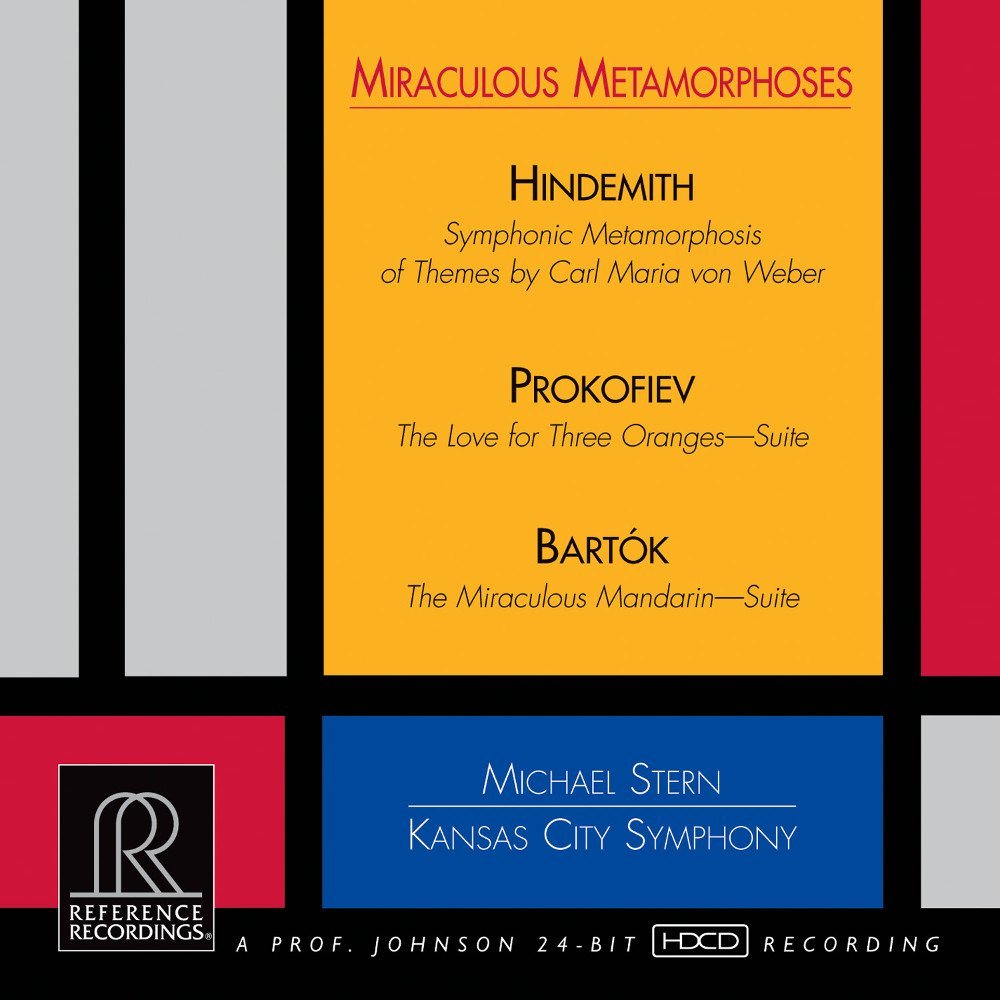


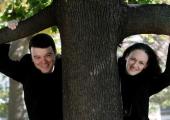
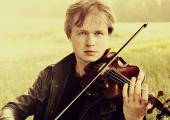
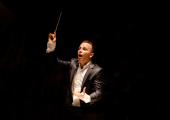

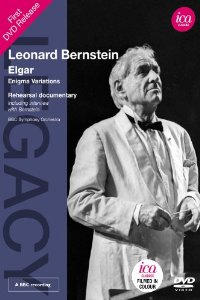 Elgar: Enigma Variations, Rehearsal documentary BBC Symphony Orchestra/Leonard Bernstein (ICA Classics DVD)
Elgar: Enigma Variations, Rehearsal documentary BBC Symphony Orchestra/Leonard Bernstein (ICA Classics DVD)